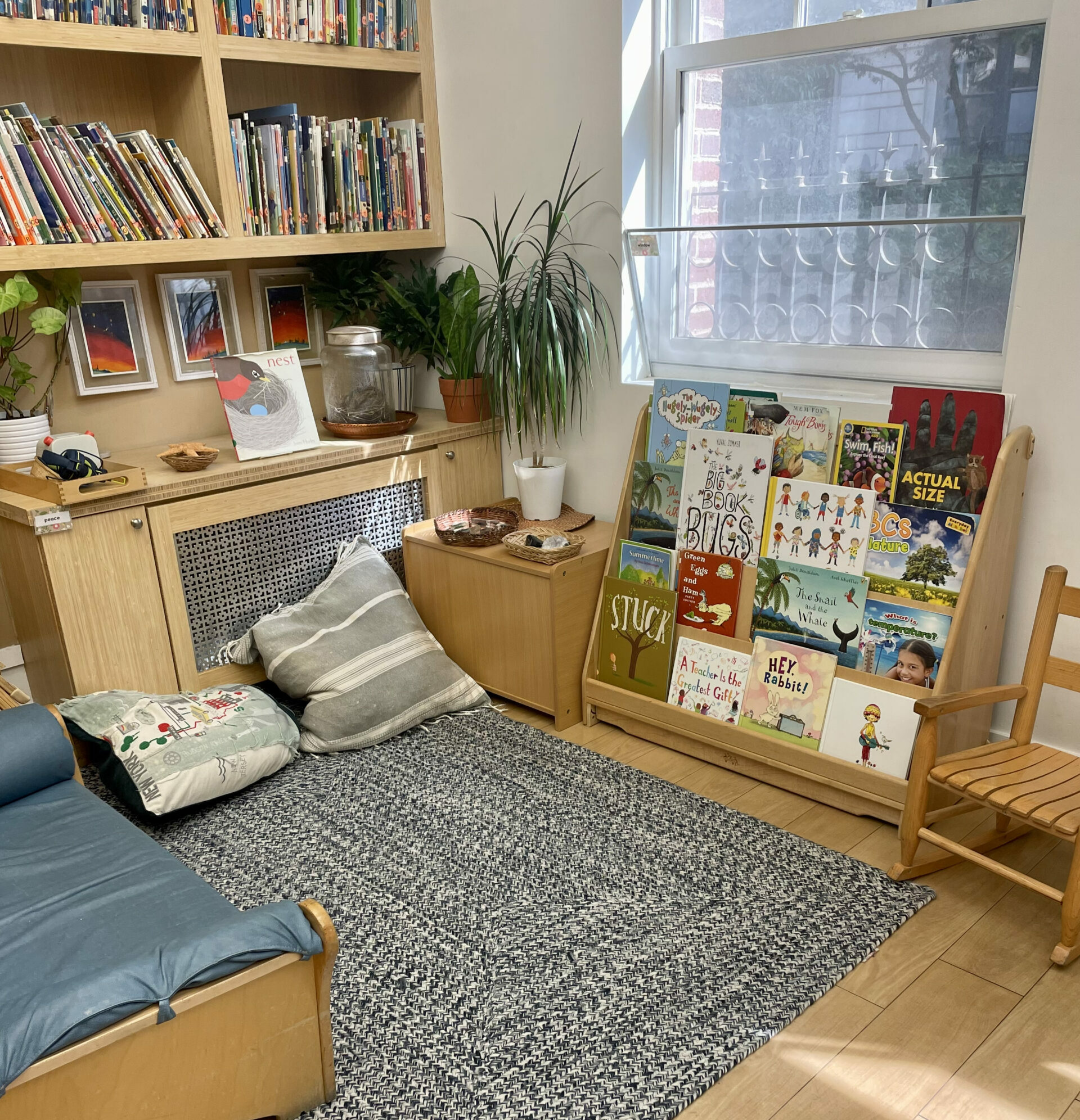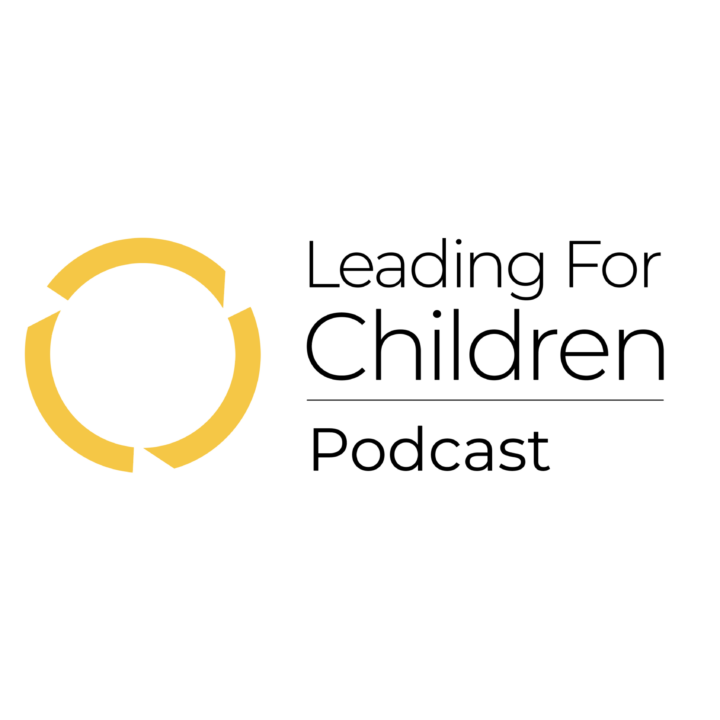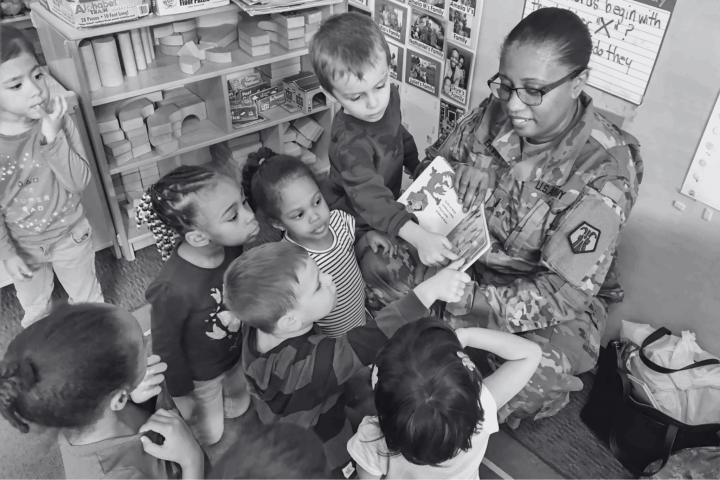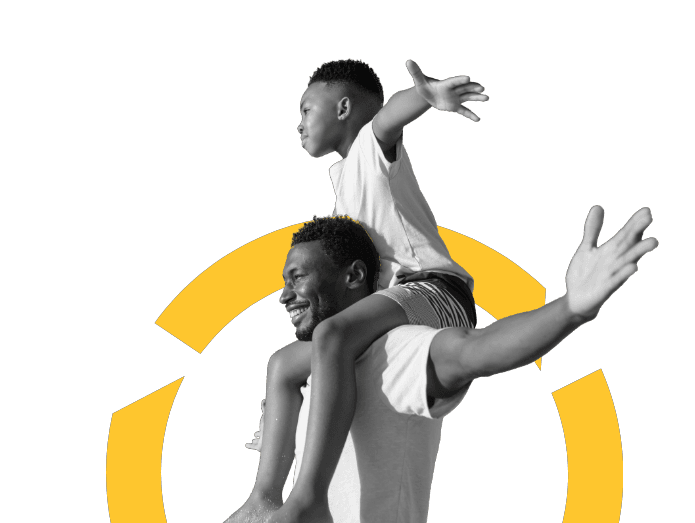This month, LFC hosted a National Conversation for our Humanity First community about the seventh of the 11 Simple Rules to Create Thriving Communities for Children, “Organized.” As this topic tends to evoke a wide range of intense emotions, we felt it was important to hold space for all of those experiences to be processed freely with support. Together, we:
- Practiced setting intention with a focus on embracing connection with learning partners
- Reflected on the emotions, thoughts, and associations that came to mind when we thought about the concept of “organized”
- Explored how our backgrounds, including our history, culture, tradition, habit, and personal style, inform our ideas about what organization looks and feels like
- Considered how the insights of our learning partners would move forward with us
In this blog, we’ll move through the same process that the group did and consider their insights along the way.
Intention Empowers Us
Let’s take a deep breath. As you pause, notice where you are right now. Wherever you’ve just come from or whatever kind of day you’ve been having, feel how that’s left over in your body. What is it like?
Consider how every person reading this blog took that same pause you did. They were all shifting from something else, and having some kind of day. Isn’t it amazing how all of us have an individual human experience, but that we all share spaces and experiences as humans together?
Think about what having this kind of interconnection means to you. We often don’t give it a second thought, but practicing intentionality helps us tap into it more often and at a deeper level. Intention is empowerment. Take a moment to set one for yourself: how can reading this blog be of value to you?
Mutual Learning Supports Self-Reflection
Judy introduced the concept of “organized” and invited the group to reflect on the emotions, thoughts, and associations that arose when they heard the word, either in that moment or in the past. She encouraged them not to censor themselves and instead hold space for all that their minds presented – even what might have felt uncomfortable.
When you hear the word “organized,” what comes up for you?
In the chat, the group shared their ideas. Some of them were:
- Unattainable at times
- Everything has a place
- Time well managed to avoid stress
- I know the process and how it works for me, but sometimes others around me want to force their opinions on our shared space
- Clutter and freedom from clutter
- Takes others around to do their part, to keep up with the organization if a space is shared
As people slowly began sharing their reflections, more felt encouraged to contribute their own to the conversation. Realizing there was no judgment present about how organization “should” look and instead authenticity about how challenging it can be, a sense of camaraderie was developed.
Our Backgrounds Inform Our Thoughts, Feelings, and Ideas
We are all quite familiar with the benefits of organization. We know that it quiets our stress, makes it easier to accomplish things, and is healthy for children. Despite this clarity, we often struggle to practice it.
The struggle tends to come from self-criticism. Our minds tell us we aren’t living up to a set of standards someone else created, or that we’re not being organized the “right” way or enough. These attitudes and beliefs are cultivated throughout our lives and shaped by many factors.
In breakout rooms, the group used LFC’s Carousel Technique to reflect on the following question: Reflect on your background (influences of history, culture, tradition, habit, personality). How do some of these factors inform your ideas about what organization looks and feels like, and how you practice it?
Fascinating themes came to surface:
- Sometimes the organizational styles we observed growing up guide us, and sometimes we push against them and create new ones
- Each space you spend time in will have different expectations about what organization looks like based on the people involved and their objectives
- Organization is easier to maintain in some spaces than in others
- Flexibility is essential for adapting to and collaborating with diverse organizational styles
- Organization can bring order and reduce stress, but it also can cause stress as we feel pressure to do it the “right” way or don’t know where to begin
- What looks organized to us may look unorganized to someone else, and that’s okay – what’s important is that we feel a healthy sense of stability, predictability, and peace
Take Action
To support themselves in positively influencing thriving communities, the group reflected on insights from the conversation they wanted to carry forward with them. Some of them included:
- Getting to know and accept our personal organizational style without judgment
- Noticing with curiosity how our organizational approaches complement and bump up against others’
- Practicing flexibility
- Normalizing conversation around organizational style, rather than imposing assumptions that create distance in our relationships
- Finding ways to simplify our organizational strategies so they don’t become overwhelming
These conversations always leave us smiling, feeling seen and heard, and full of new insight to percolate on. Our next one, focused on Simple Rule ‘Respectful,’ will take place at 4:00 PM ET on April 18th, 2024. To join, register here. We look forward to connecting with you there!




